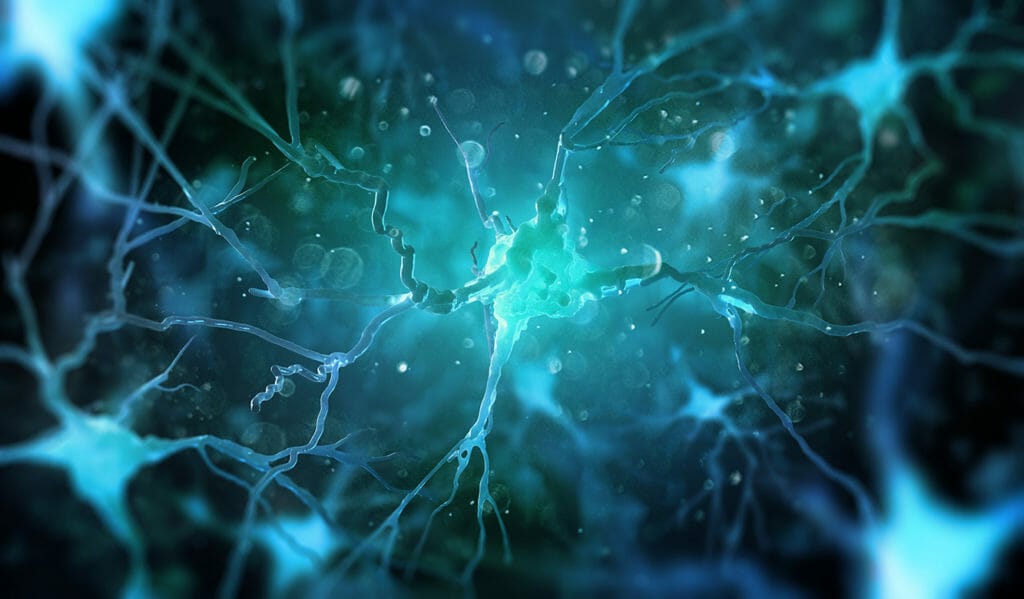What Is Methylation?
The term ‘methylation’ may sound like a pretty complicated process, especially if you don’t know what it means! Today we’re going to try and break it down into a simple explanation that is easy to understand and give you some tips on how you can support this vital cellular process.
Methylation is essential for the optimal function of almost all of your body systems; simply put it’s the addition of a methyl group (hence the name ‘methylation’) to different molecules around the body including hormones and DNA. It’s called the ‘methylation cycle’ as each component is recycled and reused, and it’s linked to other important cycles in the body that support many different areas of health. But this isn’t something that happens every now and again – in fact, the methylation cycle occurs billions of times a second all around the body!
When methylation takes place, it helps repair your DNA and cells to make energy (ATP); keeps inflammation in check and replenishes compounds needed for detoxification. Methylation even helps you sleep and maintain a happy mood, as the process is linked to synthesis and metabolism of important hormones and neurotransmitters.
Methylation is, therefore, something that we don’t normally have to think about, but nutrient deficiencies can greatly impact this important cycle, which relies on optimal levels of Vitamin B12, B6, folate and the amino acid methionine, as well as magnesium and other minerals, to function. Chronic stress of any kind that we so often face in our daily lives depletes methylation cycle nutrients, as well as placing a great demand on the cycle to consistently produce energy and support immune and detoxification systems that can sometimes struggle to keep up.
So how can you help support such a vital process? Well, you will probably already be doing some things that support methylation without you even knowing it! Here are some more top methylation support tips:
Diet is one of the best ways to support methylation:
- Folate-rich sources include green leafy vegetables such as kale, spinach, chard, and broccoli.
- High levels of Vitamin B12 can be found in good quality meats, seafood, nuts and seeds, egg yolks (lightly cooked) and pulses.
- Bioactive forms of Vitamin B12 and folate found in some food supplements may help support any dietary inadequacies and deep-seated nutrient deficiencies.
- Ensure you maintain a healthy bacterial balance in the gut to improve absorption of nutrients. Probiotics can help in this area.
- Cut down on or limit pro-inflammatory and allergenic foods such as those containing gluten, dairy, soya and corn/grains, which may affect gut and immune system function placing extra demand on methylation.
- Limit your intake of sugars and refined carbohydrates to reduce blood glucose spikes, which affects the methylation process, and try to avoid processed foods that have been depleted of nutrients.
- Steer away from stimulants such as alcohol and coffee – these can deplete B vitamins and increase stress hormones.
Some lifestyle changes you can make to support methylation processes include:
- Consider using water and air filters at home to reduce pressure on your detoxification systems.
- Reduce exposure to chemicals such as xenoestrogens by reducing your use of plastics such as plastic packaging and food containers. These types of toxins disrupt important endocrine hormones and detoxification systems.
- Try to improve your sleep by using relaxation techniques (such as the Headspace App).
- Reduce your stress levels through gentle exercise and relaxation techniques such as Yoga or Meditation. Stress makes great demands of the methylation cycle so by reducing the stress you automatically support this important process.
So, in summary, methylation is a cell cycle that you probably didn’t know anything about, but you now know is key to support through diet and lifestyle as it underlies many areas of health including; energy production, detoxification pathways, immune system and supporting resilience.
If you are interested in learning more about methylation and how you can influence this through nutrition and lifestyle, please see our Nutrihub Webinar:

Book Now
References
https://www.fxmedicine.com.au/blog-post/what-methylation
https://www.thorne.com/take-5-daily/article/what-is-methylation-and-why-should-you-care-about-it










